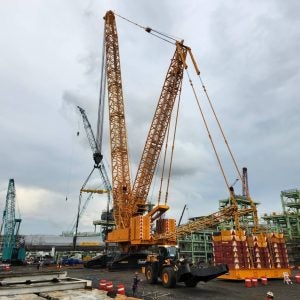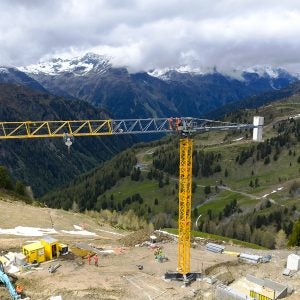FMI estimates that growth for non-residential construction markets may reach as high as 9.0 percent overall and that almost all sectors, with the exception of religious buildings, will be well ahead of the growth rate for GDP in 2007.
According to the report, continued growth will present two ongoing challenges, rising materials costs and the need to find skilled workers. Driven by demographic and social changes, FMI notes that the talent shortage is not likely to go away in the near future for the engineering and construction industry. According to FMI, organizations that focus on retention, recruitment and training efforts will likely possess a competitive advantage in the ongoing talent battle.
Overall, FMI notes that price increases for construction products and materials have slowed. FMI expects future increases to moderate and settle at a new level, although there will be continued market shortages of selected materials, such as cement, steel, copper and diesel fuel causing project delays and cost escalation. Preferred customer supply agreements, time limits on quotes, fuel surcharges and other restrictions have become part of the equation for stakeholders forced to deal with this challenge.
The 98-page report, which costs $135, provides a look at the economic health of the U.S. construction industry as well as forecasts for each market sector and geographic region for the coming year. The annual review includes a look at industry trends and emerging issues to help industry participants prepare for future challenges.






